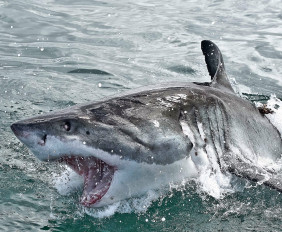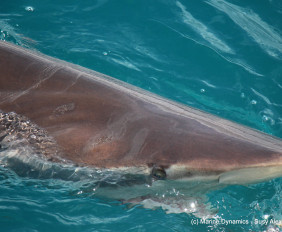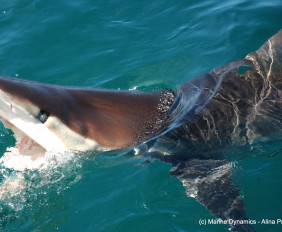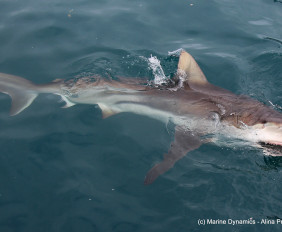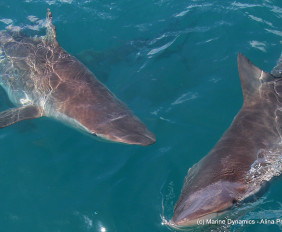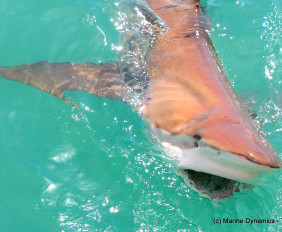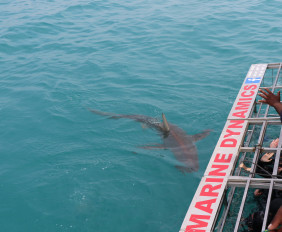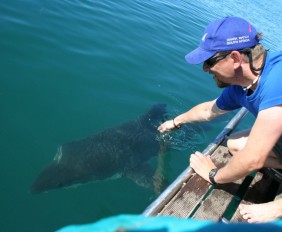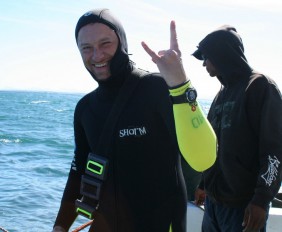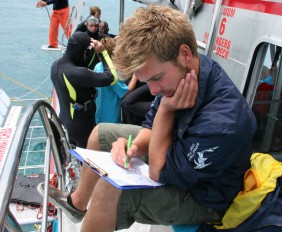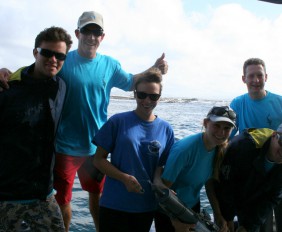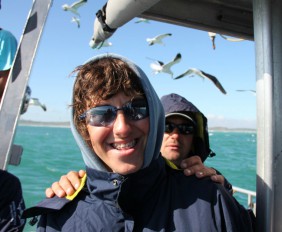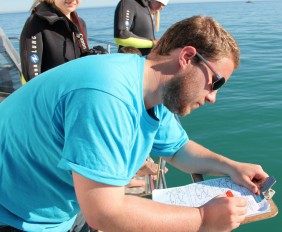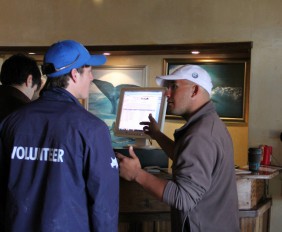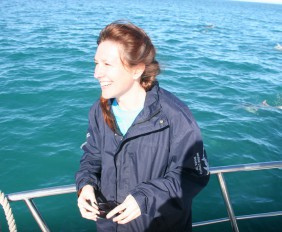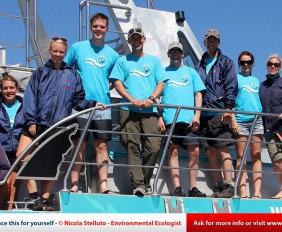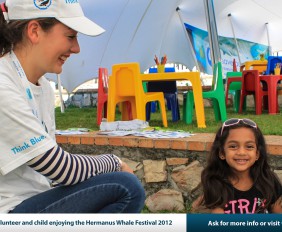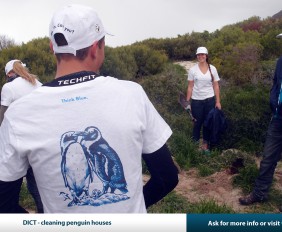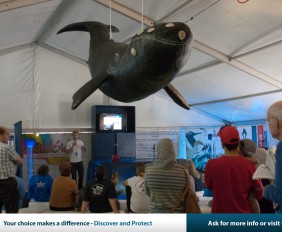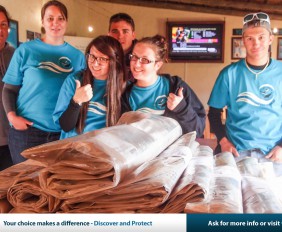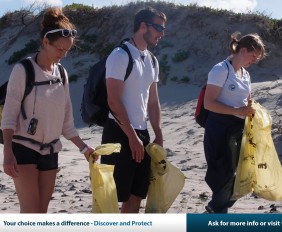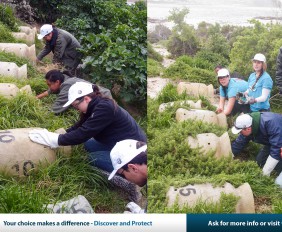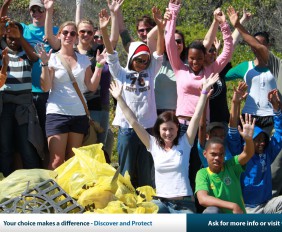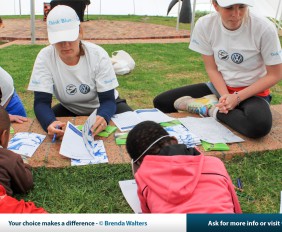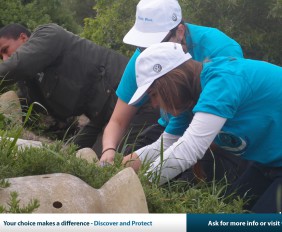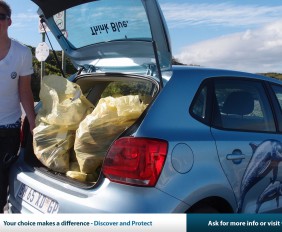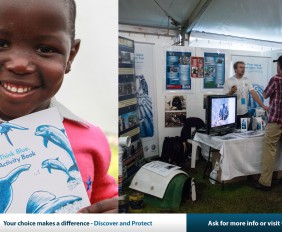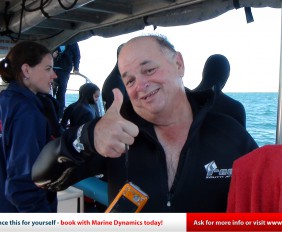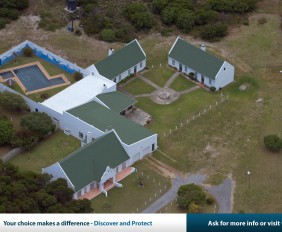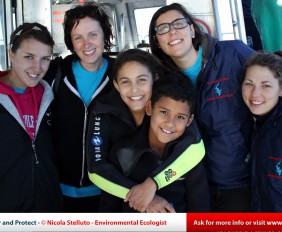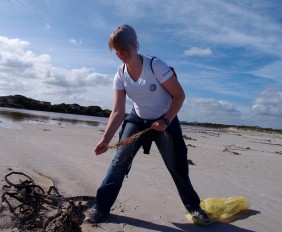Volunteer with sharks, whales and penguins
- Based in Gansbaai, South Africa - great white shark capital of the world
- Experience a wide range of South African marine wildlife, including the Marine Big 5!
- Learn about shark behavior, biology and marine conservation
- Gain work experience assisting crew and tourists on our shark cage diving boat
- Volunteer and contribute to important conservation projects
- Engage with South African community projects
- Enjoy great white shark cage diving
- Opportunity to work on our dedicated eco-tour/whale watching boat
- Have the opportunity to assist our marine biologists, learning more about shark research
- For prospectus and cost, contact: volunteers@sharkwatchsa.com
The only Fair Trade Tourism marine volunteer program in South Africa
At International Marine Volunteers our mission is to inspire our volunteers to make a difference in the world around them by providing them with life-changing opportunities and experiences, and creating awareness that eco-tourism, conservation, community, research and education can all dovetail into a sustainable and mutually beneficial relationship.
We are leaders in marine conservation and ecotourism with full-time marine biologists studying the Great White Shark and other marine species in conjunction with universities and academic institutions worldwide. We operate shark cage-diving and boat-based whale watching eco-trips as well as having two research boats. We are actively involved in education, coastal clean-ups and community programmes.
Volunteer with Great White Sharks

We research the feeding, migrating and behavioral habits as well as various other aspects of the Great Whites by recording sightings, tagging, dorsal fin identification and taking photos for an ongoing database in conjunction with various national and international academic research institutions. Their superior immune system and wound healing capabilities, parasites found on sharks, as well as their interaction with other marine species, are part of the comprehensive and ongoing research.
How will you be involved?
Duties will vary depending on each person’s skills set and those involved in the active study of marine biology are likely to be more involved on the research aspects. Volunteers assist with observational data capture and photographic data and may be involved with water sampling, temperature testing etc. If you stay for a minimum of a month and are fortunate enough to go out on the research boat, you may observe tagging of a shark or learn how to track an acoustically tagged shark. On land you can capture data and may learn how to match fins for population counts.
African Penguin
Our multi-award winning project to research and curb the worrisome decline in the African Penguin population on Dyer Island (90% decline in 30 years) is aimed at protecting this endangered species indigenous to South Africa from environmental factors and natural predators since the removal of the guano on the island left them vulnerable to the elements and predators. We have manufactured and placed more than 1000 artificial nests on the island and at other breeding colonies to provide them with sheltered homes to protect the eggs and chicks from heat stress and predatory birds such as the Kelp Gull. In addition to this, the African Penguin and Seabird Sanctuary (APSS) has been built 2 min walk away from the International Marine Volunteer Center and is a true feather in the cap for the Dyer Island Conservation Trust. APSS is a state-of-the-art center for the rehabilitation of seabirds in distress, with a particular emphasis on conserving the African Penguin, which is endemic to southern Africa and has been undergoing a shocking decline in population numbers. Injured, oiled and sick birds are collected or brought to us for care and recuperation and when they are fit and healthy again we release them back into the wild.
How will you be involved?
You may be involved in cleaning the bird's pens, crates and living areas, assisting with preparing medicated fish, recording medical records and data and telling visitors about what we do. If you will be staying a minimum of 4 weeks and you want to volunteer at APSS regularly during your time here then you may be able to learn how to handle the birds yourself, if the rehabilitator feels that you show an aptitude for this. There is also the opportunity to read blood slides on the microscope and enter data onto the computer.
_1420x587_crop_80.jpg)
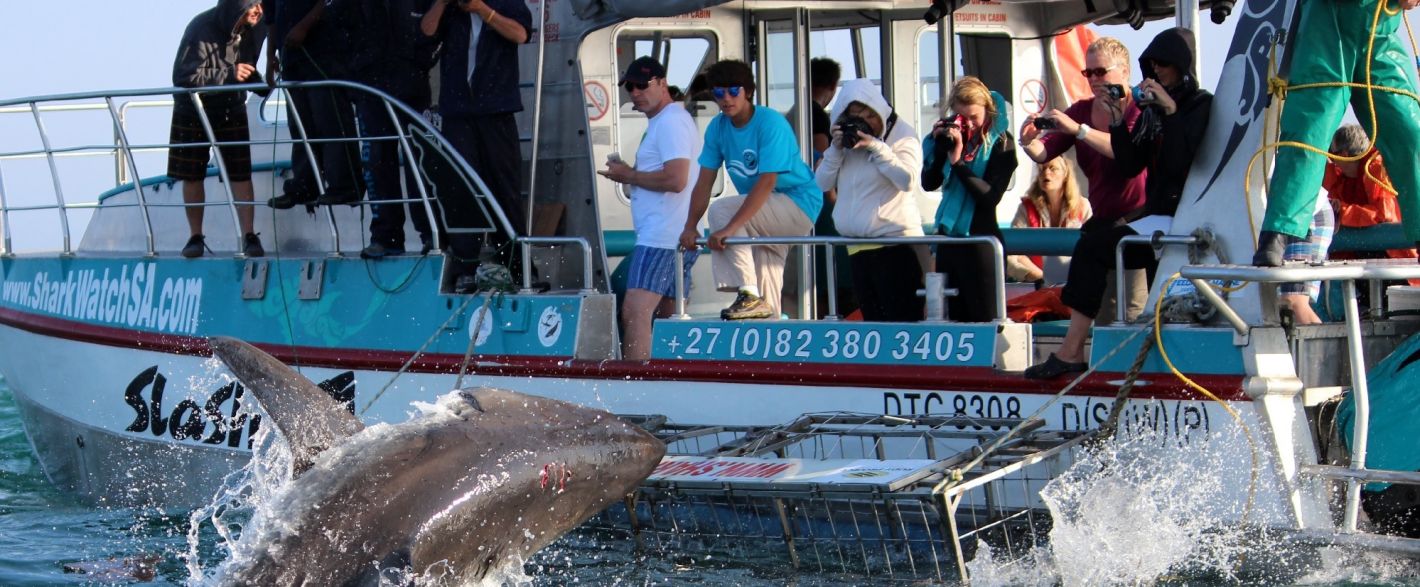
_1420x587_crop_80.jpg)
_1420x587_crop_80.jpg)
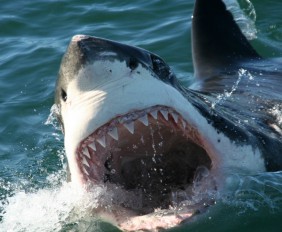
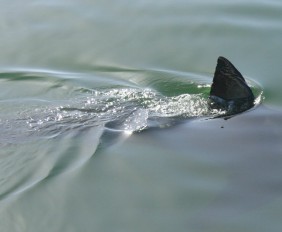
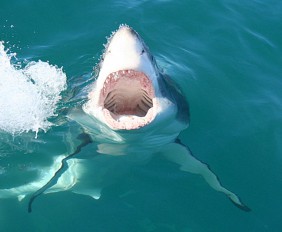
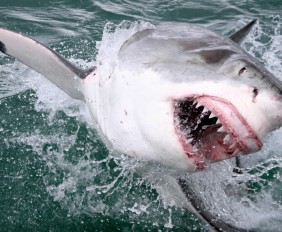
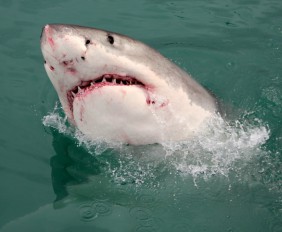
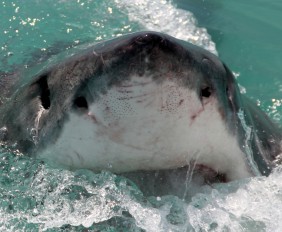
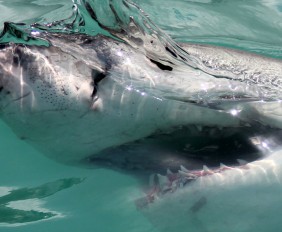
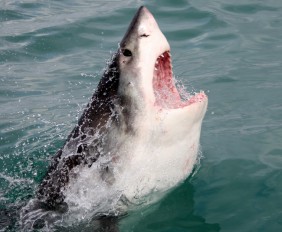
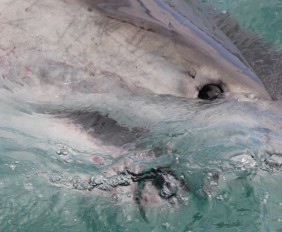
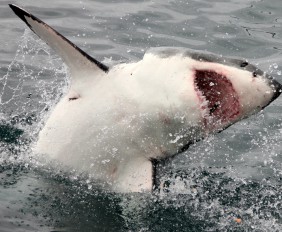
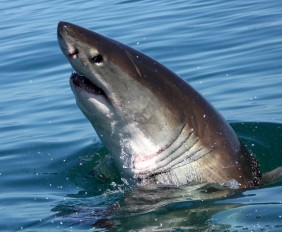
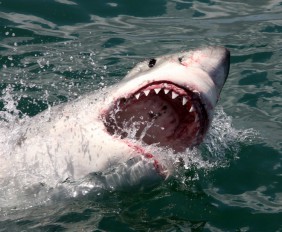
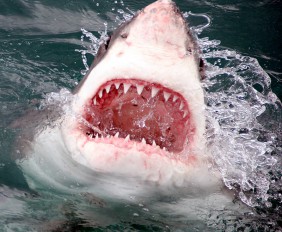
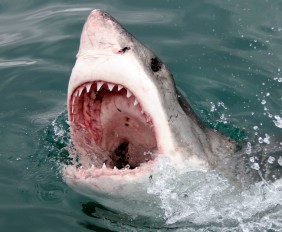
_282x232_crop_90.jpg)
_282x232_crop_90.jpg)
_282x232_crop_90.jpg)
